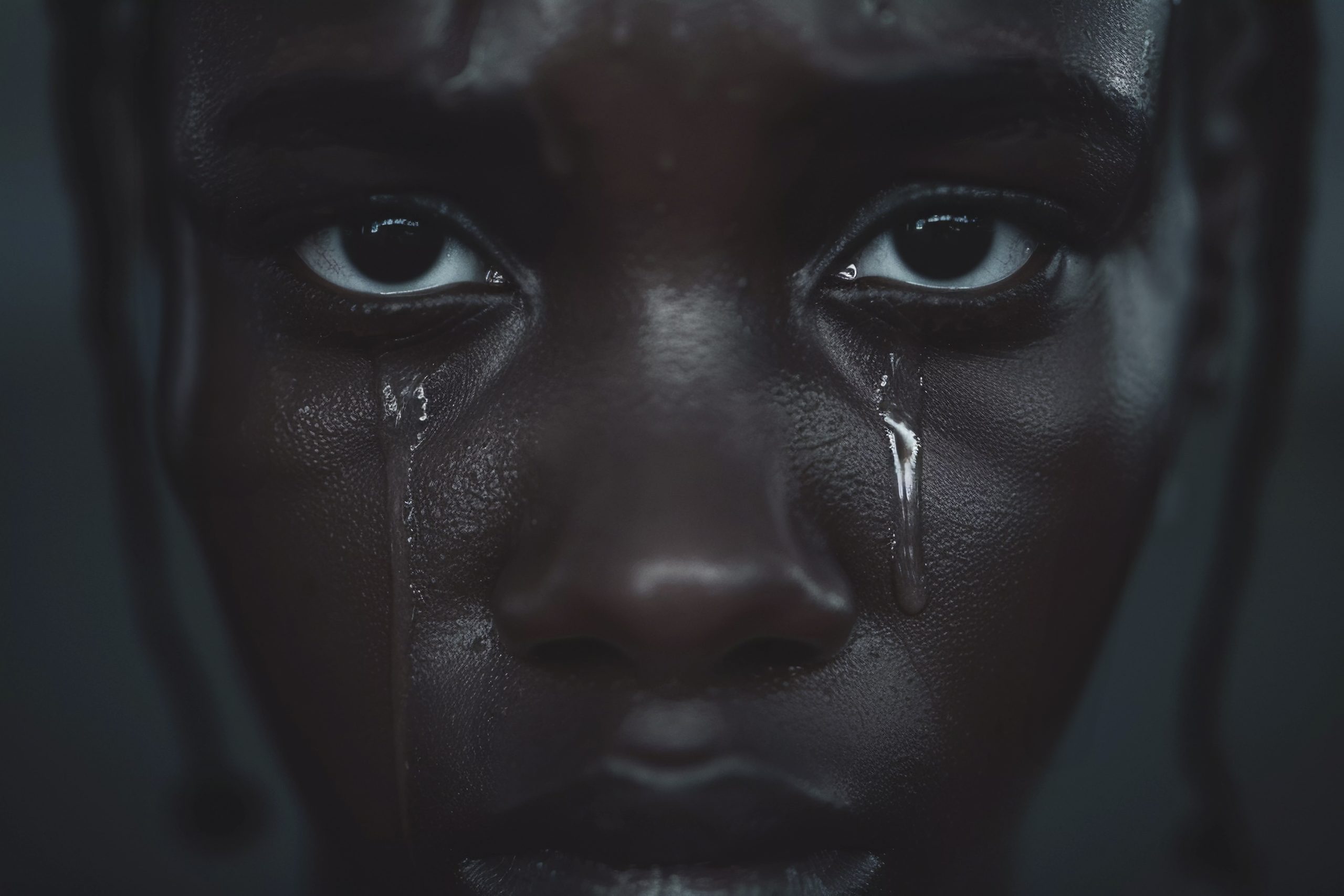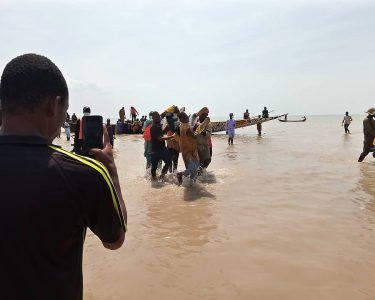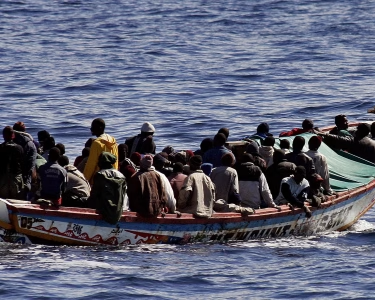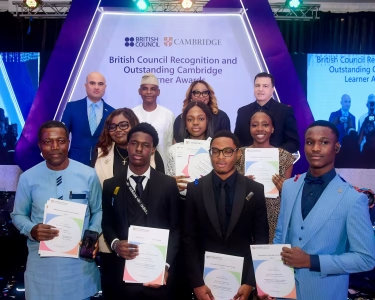Gang Violence in Cape Town
A worsening threat to child safety
Summary
- Dozens of children killed or injured amid escalating gang warfare in townships
- Exposure to violence inflicts deep psychological scars and fuels youth recruitment into gangs
- Under-resourced policing and social services hamper efforts to protect vulnerable communities
Cape Town, South Africa — Cape Town’s Cape Flats has become a battleground where children are increasingly paying the price for unchecked gang violence, with alarming rates of child casualties, psychological trauma, and recruitment into criminal networks.
Recent reports show that children are frequently caught in the crossfire of turf wars between rival gangs.
In one tragic example, 15-year-old Nontobeko Mahlangu was shot in the head and killed in Samora Machel, Philippi, in June 2025, just a day after witnessing her boyfriend’s murder. She was the third schoolchild killed in the area within a month.
In 2024 alone, the Western Cape health department treated 333 children for gunshot wounds. The 2023 killing of 5-year-old Valentino Grootetjie in Lavender Hill further underscored the crisis, with the perpetrators later sentenced to life imprisonment.
Beyond the physical toll, the psychological impact is devastating. Children in areas such as Manenberg, Hanover Park, and Lavender Hill suffer from chronic anxiety, depression, and suicidal thoughts. Some parents, fearing for their children’s lives, send them to former white-only schools far from home, enduring long and costly commutes to escape daily violence.
Worryingly, gangs are increasingly targeting vulnerable children, some as young as eight, for recruitment.
In communities plagued by poverty, unemployment, and family instability, the lure of gang membership is strong. A 2025 BBC report revealed that children between the ages of 8 and 15 are being actively recruited by gangs, deepening the cycle of violence.
The roots of the crisis lie in Cape Town’s apartheid-era spatial planning, which forcibly relocated Black and Coloured families to the Cape Flats, fracturing communities and creating pockets of exclusion and poverty.
Today, the South African Police Service’s Anti-Gang Unit remains critically under-resourced, while efforts like army deployments and surveillance technologies have failed to significantly curb killings.
In 2024, 79 children were reportedly killed in gang-related incidents in the Cape Flats since September, prompting renewed calls for a state of emergency.
Violent flare-ups in areas such as Valhalla Park, Nyanga, and Lentegeur continue into mid-2025, with incidents like the February shootings in Lotus River and Manenberg, where two children were among nine victims, highlighting the ongoing threat.
While community efforts like the Cape Flats Safety Forum and counseling initiatives such as Hope House offer some support, many programs remain underfunded.
Advocates are calling for bold policy interventions, including early childhood development, police reform, and decriminalisation of drugs, to address the structural roots of gang violence.
Without urgent and coordinated action, Cape Town’s children will continue to grow up in fear, with their futures shaped by trauma, loss, and a constant battle for survival in a city at war with itself.







